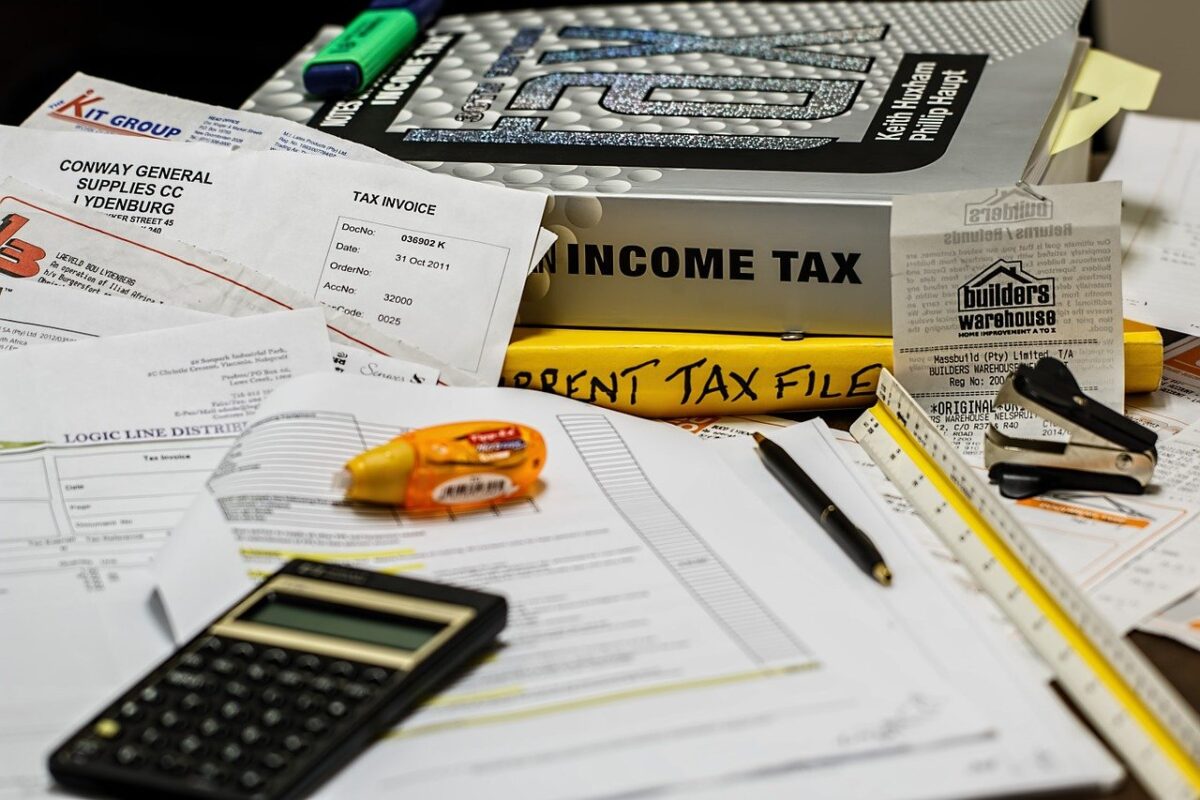Knowing how to minimize your tax liabilities can help you avoid having to pay too much in taxes or using up too much of the tax season. Ways to minimize tax liabilities for your business include: Using an accountant or CPA. A certified public accountant will help you create a comprehensive year-end tax strategy, which can be used to reduce both your taxable income and your taxes. Accountants will also help you with tax-deductible expenses such as those related to buying equipment, selling assets, or increasing your tax deductible business expenses.
Create a Budget for Tax Liabilities Your budget should include a list of all your income, expenses, and assets. Divide income into your tax liability category in order of highest to lowest. Include your total annual expenses, including mortgage, insurance premiums, and property taxes. Add your investment earnings and include the total amount you pay to rent, repair or improve the house, and any other miscellaneous expenses. Do not include retirement contributions and interest income on retirement accounts or pensions.
Maximize your deductions When you are trying to minimize your tax bill, consider being audited by the government. Audits are designed to identify areas where business owners can make improvements to their business in order to minimize their tax liability. Some auditors will suggest that business owners meet with them before the audit to discuss their income taxes and assets.
Be sure to calculate a tax-free allowance If you don’t have enough taxable income to meet the asset limitation on your return, you may want to calculate a tax-free allowance. The tax-free allowance is the maximum amount of money that you can claim on your tax return for each taxable income class. For most people, the tax-free allowance is around 50% of their income. It is possible to increase this allowance over time, especially if you meet the eligibility requirements.
Estimate taxes payable annually One way to minimize your tax liabilities is to make an educated guess at how much you will owe. This method, though imperfect, will provide a ballpark figure for you. Many tax professionals will encourage you to make an annual estimate of taxes payable. Estimations are available from different sources such as the Internal Revenue Service, the Social Security Administration, and your own payroll processor. If you don’t have access to these sources of information, there are many websites that offer free tax planning advice and tools.
All these steps will help you reduce your tax liability. Be prepared when tax season comes and do your homework. Educate yourself about income tax liabilities and strategies that could reduce your tax liability. You can always adjust your estimated tax liability for the current year when tax season arrives.
At Peavy and Associates PC our mission is to assist you with all your tax preparations, payroll and accounting needs. We provide our clients with professional, personalized accounting services and guidance in a wide range of financial and business needs. Give us a call today and discover why our clients return to Peavy and Associates, PC year after year!










